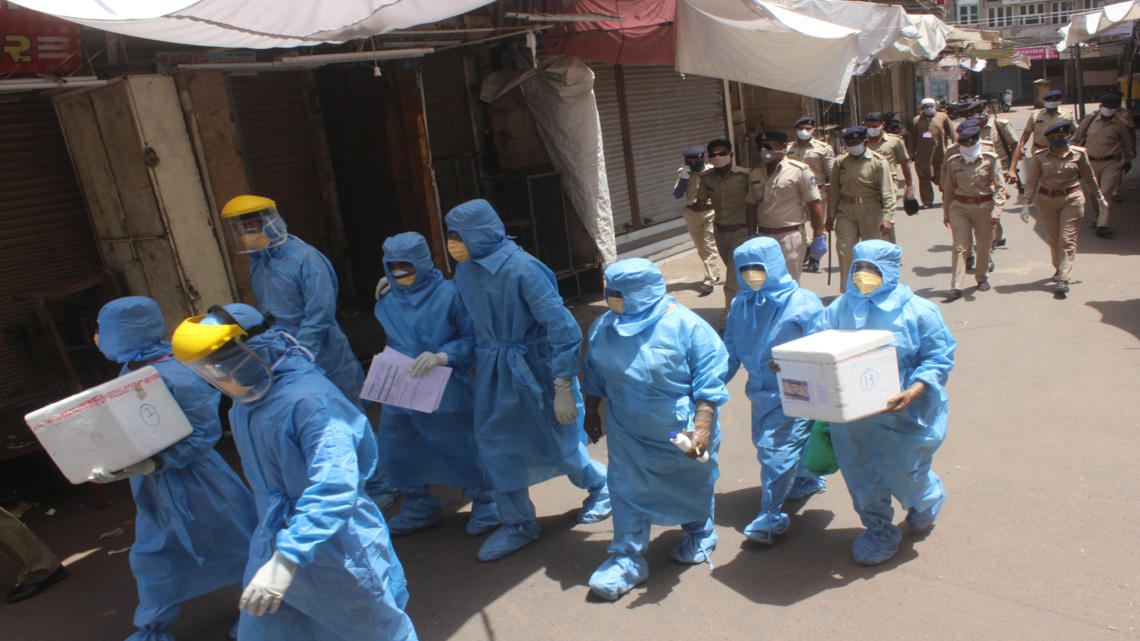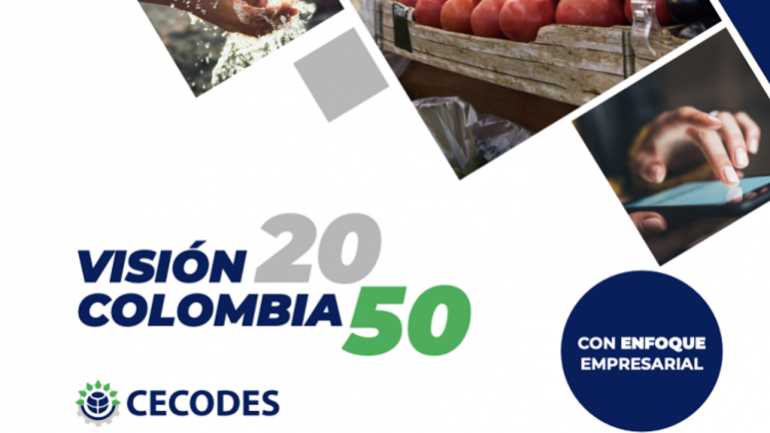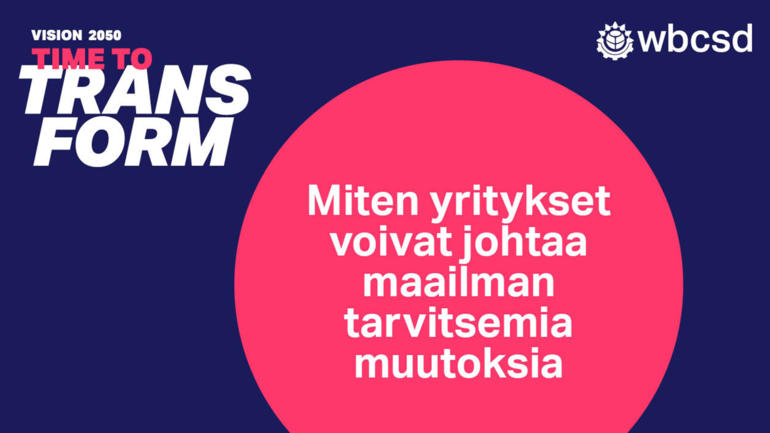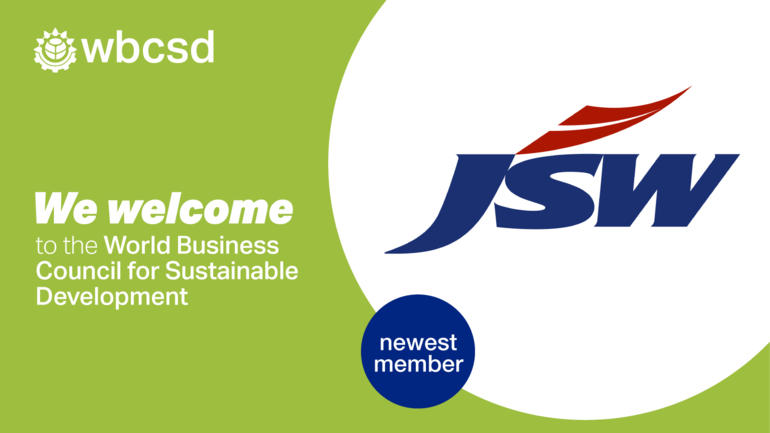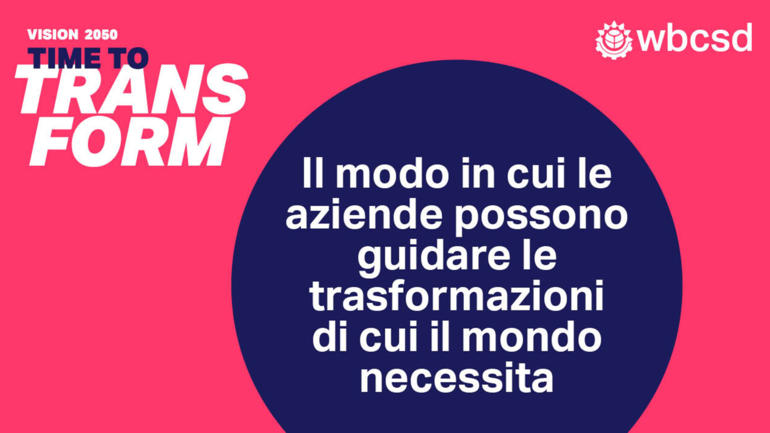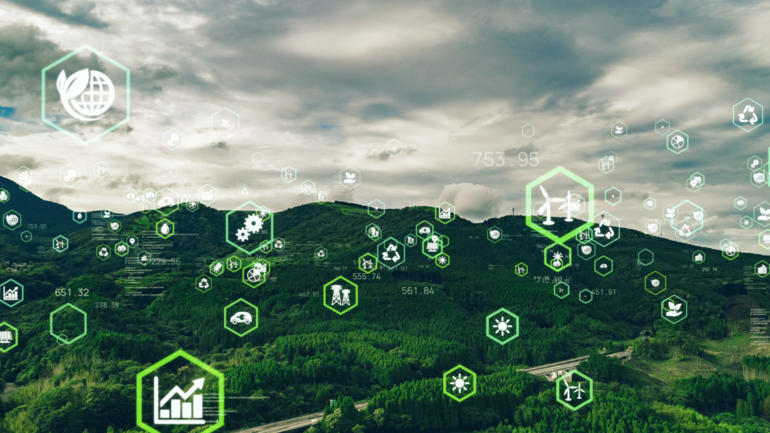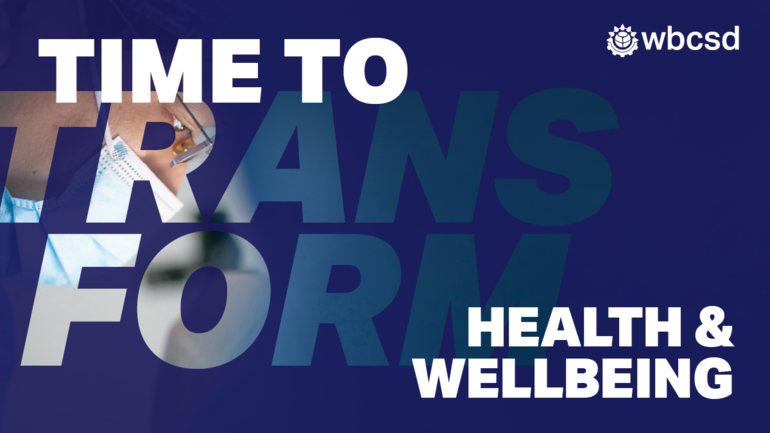It is clear that we need to learn to live with the COVID-19 pandemic in our midst. This means we will need to operate alongside the virus and build systems to manage various levels of lockdowns and restarts. The lockdown in India to flatten the curve – dubbed one of the strictest lockdowns in the world – lasted 68 days and the country is currently going through a reopening. The attention is shifting to reopen the economy, while containing the virus, a problem many countries are also facing.
Several economies are reopening or have reopened, but they may need to resume lockdowns if infections rise and India will be no exception. How businesses, workers and consumers handle the crisis and safely resume operations through the pandemic will decide how livelihoods of 1.3 billion people will fare in India.
In this context, WBCSD convened a CEO Roundtable on 25 June, hosted by Nadir Godrej, Executive Director, Godrej Industries - and member of WBCSD’s Executive Committee - with WBCSD President and CEO Peter Bakker - to discuss these issues with 14 CEO-level executives from our member companies such as Tata Sons, Olam, IKEA, Rabobank and UPL as well as leaders from prominent Indian businesses such as the Murugappa Group, Dr. Reddy’s, Apollo Tyres and JBM.
COVID-19 is one of the most challenging global public health crises we have faced in our lifetime. In a country like India, it will have disastrous economic consequences. According to the World Bank’s Global Economic Prospect report 2020, India’s economy is estimated to contract by 3.2% in 2020-21. Sectors such as such as construction, manufacturing, pharmaceuticals (largest contributor to the GDP) will be severely affected. It is estimated that 25%-43% of the 75 million micro, medium and small Industries (MSMEs) in India will face closure in this crisis.
The participants in the roundtable agreed that this was by far one of the most challenging times for business, especially in a lockdown when business had to face a situation where revenues were down to zero but fixed costs remained the same.
While businesses are grappling with the “unprecedented times” (an oft repeated phrase to describe this moment) COVID-19 has proved the need for businesses to have contingency plans and conduct stress tests. Similar systemic shocks are likely to occur in the coming years, especially climate-related emergencies and the only way forward is to adopt a long-term vision and build resilience in our systems.
This crisis, no doubt, will fundamentally alter the way we function and the way we do business. Here are some of the trends that business leaders highlighted in the session:
Short-term:
- Businesses will need to take immediate steps to analyze their vulnerabilities and support their key stakeholders, employees and customers. Remote work for office employees would continue for the foreseeable future.
- For operations that cannot be conducted remotely such as manufacturing, businesses will need to find methods to keep operations safe in these zones to maintain sustained economic activity.
Medium and long-term
- Scenario planning: The world is expected to see more wild card events in the future, especially climate-related shocks. By analyzing past trends and preparing for scenarios such as climate change, organizations can identify the weak points in their business, and which internal risk capacities are insufficient.
- Supply chain management and resilience: The pandemic has exposed the vulnerabilities of our long supply chains and the disruptions such unprecedented events can cause to the global economy. A sustainable and resilient business of the future is one that conducts a robust assessment and optimizes its supply chain to ensure business continuity.
- Building agility: Agile implementation on the ground in times of adversity and prioritizing customer and employee needs is an imperative. There is a real opportunity to accelerate systemic transformations with positive impacts on people and the planet. Digitalization and technology will also play a key role in competitiveness and creating sustainable outcomes.
- Addressing inequality: The pandemic has and will affect poorer sections of the population in severe ways. In India for instance, the COVID-19 induced lockdown saw a mass exodus of migrant laborers from urban centres to their homes in rural India. The economic crisis is estimated to push more people into poverty and starvation. The beginning of the lockdown also impacted the food supply chain, especially small holder farmers (who contribute to 40% of India’s grain production) and work with limited resources and daily wages. COVID-19 is expected to widen the inequality in the economy.
- Climate change and nature: The effects of climate change are already being felt. We have less time than we think to engage and drive change. COVID-19 is an immediate emergency, climate change and its affects will be hard to mitigate if we do not act now.
- Collaboration: Businesses, along with the government and the civil society will need to work together to make impact at scale.
The pandemic is a sobering reminder that we are all interconnected and that people and the planet should be at the heart of every decision. The disruptions caused by the pandemic and the lockdown is sneak peek into the future and the vulnerability of our current systems. Now that we understand it so clearly, it is imperative to build back better and build resilience in our systems. India will have to work towards bringing its growth back and keep track on other issues such as climate change and inequality, which left unchecked will affect its potential for growth and prosperity.
More resources:
WBCSD has initiated a special call to action for our members through our COVID-19 response program, leveraging our combined business expertise to address this crisis and support the critical role of business. You can read more on the three projects under this program:

